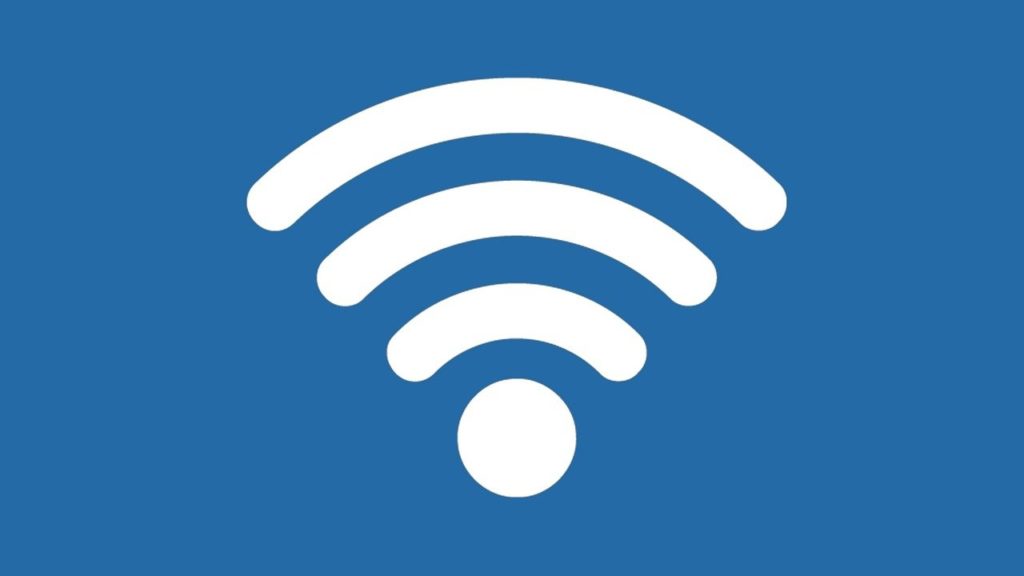Net neutrality really isn’t a difficult concept. Give customers a broadband pipeline at whatever speed / capacity they’re willing to pay for. Period. The end. Don’t throttle or impede content from specific providers. Don’t charge tolls or fees to allow content from specific providers. Don’t give away content from your own networks or paying providers while counting content from other providers against the data cap.
It’s like your electric company not charging you for electricity if you’re using an appliance from a company it owns, or watching a show from a network it owns. It’s like your water provider not charging you for the water you use as long as it’s to wash clothing bought from a company it owns. We don’t let the electric, water, gas or other utility companies play favorites or dictate how we use those commodities, and the same should be true of mobile and broadband internet service.
Just give customers the pipeline they’re paying for. Period.
Net neutrality is under fire again with AT&T’s announcement to stream DirecTV content to AT&T mobile customers without having it count against the data cap. The FCC already gave tacit approval of
T-Mobile’s zero rating scheme—Binge On, and now AT&T is upping the ante by offering to stream content from DirecTV—which AT&T owns—for free while charging other sites and services for the same privilege. The mental gymnastics AT&T (and T-Mobile) rely on to justify flaunting Net Neutrality is a supposed loophole called “zero rating”. The argument, essentially, is that AT&T is not in any way impeding or throttling content from other providers. It isn’t charging tolls or demanding fees from content providers. It’s simply offering content from its own network—DirecTV—without having that content count against the data cap.
At first glance that might seem legitimate. The reality, however, is that it is the exact same thing as throttling the other content providers or charging tolls. It’s just done in a way that circumvents the letter of the Net Neutrality rules while giving the middle finger to the spirit of the Net Neutrality rules, the FCC, and American consumers.
T.C. Sottek explains in a post on The Verge that the line is blurred between mobile providers, ISPs, and content providers—especially as the major mobile providers and major ISPs are one and the same, and they’re all buying media companies of their own. “They’re using the same playbook: turn the internet into basic cable, and charge everyone for features and content on top of that. Then, charge competitors to compete with their own vertically integrated video services. It’s a two-way toll that ISPs have been trying to erect forever.”
Aside from brazenly circumventing the authority of the FCC, these zero rating schemes are bad for two reasons. First, it starts to create islands of service and content that lock customers in. An AT&T customer can stream DirecTV for free—and probably HBO shows like Game of Thrones if and when the AT&T acquisition of Time Warner is completed. If that AT&T customer wants to switch mobile service to Sprint, or drop DirecTV in favor of Comcast, it has repercussions that impact mobile service, internet service, and content delivery—all of which make the economics and math behind such a switch harder to make sense of as well.
Read the full post on Forbes: AT&T Joins T-Mobile In Brazenly Breaking FCC Net Neutrality Rules.



